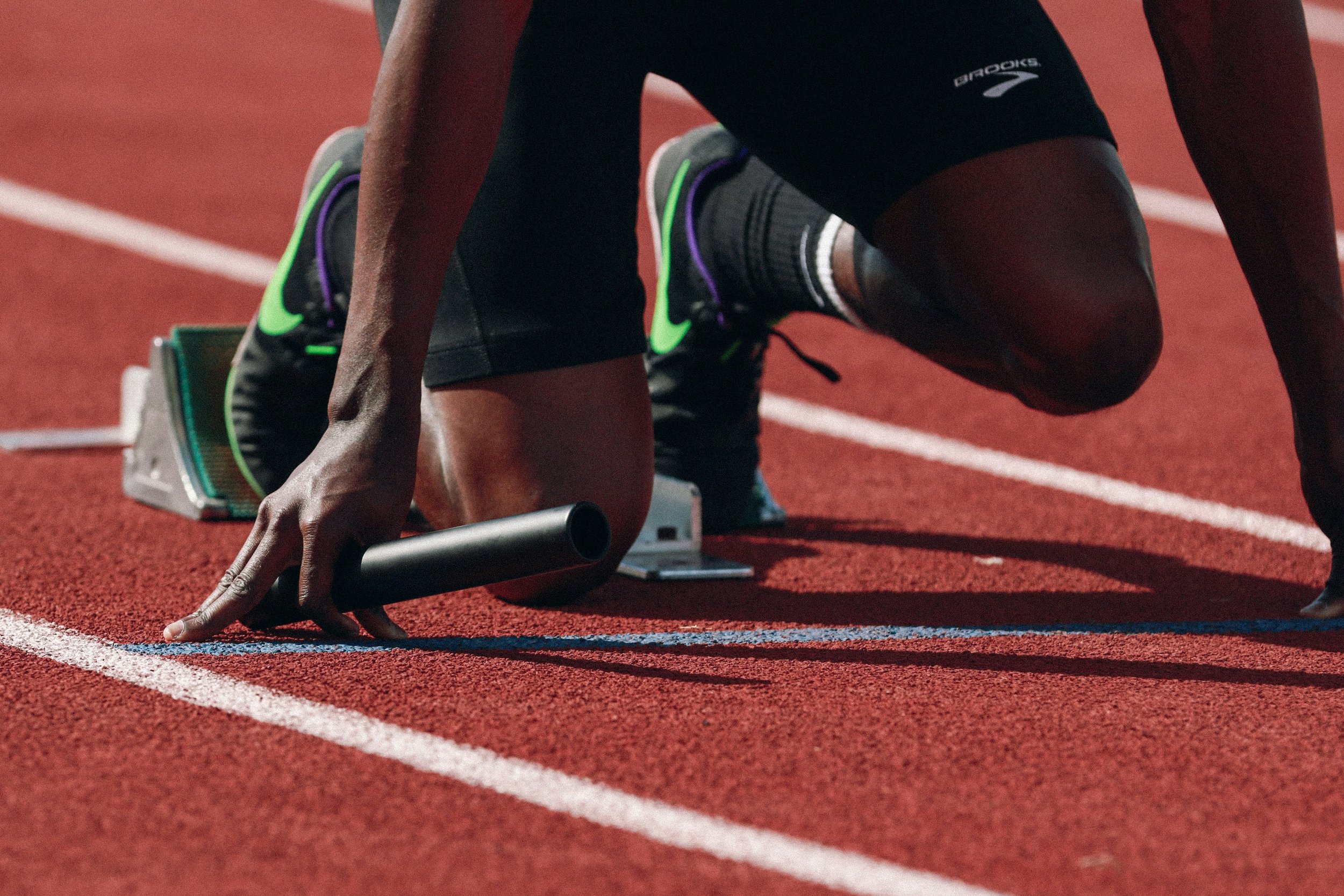
Today My Right Butt cheek Hurts, and It Probably Has Very Little to Do with That Last Lunge I Did
When I look at the bigger picture, it’s not hard to connect the dots. My right glute isn’t in pain because lunges are “bad” or “dangerous.” It’s uncomfortable because my body, stressed and less-than-ideally fueled, was not fully prepared to handle the load I put on it today. Knowing that context makes it easier for me to work with my body’s signals rather than panicking about injury or dropping lunges altogether.

Building Strong Bones for Life: Why Young Athletes Should Train in Multiple Sports
With all the skeletons out for Halloween, it’s got me thinking… Are you doing the things you need for your bone health?

Why I Hate Going to the Dentist and How It Informs My Clinical Practice
Going to that dentist appointment reminded me of something essential: we have to believe our patients. We need to resist the urge to lecture and instead dig deeper. Ask more questions. Be curious. When we do that, we build trust, strengthen relationships, and ultimately help our patients succeed in ways that matter to them.

Understanding Hypermobility: What Is It, How It Presents, and Clinical Diagnosis
What is Hypermobility?
Hypermobility refers to joints that move beyond the normal range of motion, which can occur in different forms:
Generalized: Affecting multiple joints across the body.
Peripheral: Localized to areas like the hands or feet.
Localized: Limited to specific joints, often due to genetics, trauma, or training
Historical: Previously hypermobile but not anymore.

Sorry Nike - Winning IS for Everyone
Sorry Nike—winning is for everyone. It’s in the small victories, the everyday triumphs, and the moments of personal achievement that we find the true spirit of competition. Let’s celebrate that, and encourage everyone to chase their own version of gold.

The Impact of Context on Pain and Sensation
The next time you’re wondering why an exercise hurts one day but didn’t hurt the day before, or why you’re tired even though your sleep monitor says you got the same quality of sleep, or why you’re feeling like your blood is going to boil in heat that didn’t bother you yesterday, remember: context always matters. How you experience anything will always be affected by what is going on around you.

The Power of Movement: Regulating Our Nervous System and Boosting Well-Being
It's essential to shift our perspective on movement. Instead of viewing it as a means to control our weight, punish our bodies, or compete with others, we should embrace movement as a joyful exploration of what our bodies can achieve.

“Perfect” Posture Isn't the Key to Pain-Free Living
The concept of a single correct posture is a myth. Our bodies are incredibly diverse, and what works for one person might not work for another. There is no universally perfect way to sit, stand, or lift that will magically prevent pain for everyone.

The Power of Walking: A Simple Remedy for Low Back Pain
The study's results are promising: the walking intervention significantly reduced the risk of activity-limiting recurrence of low back pain, extended the median days to recurrence, and improved overall disability and quality of life.

To Get Good At Pull-Ups, You Need To Start Doing Pull-Ups
The SAID principle stands for Specific Adaptation to Imposed Demands. In the context of strength training, it means that your body adapts specifically to the type of demand you place on it. If you want to get better at pull-ups, you need to engage in activities that mimic or replicate the movement pattern of a pull-up

It’s Okay to Squat Past 90 Degrees
Is it safe and effective to squat past 90 degrees? The answer is a resounding yes, and here's why.

Why I No Longer Call Movement a “Workout”
Movement should be a celebration of what our bodies can do, not a punishment for what we think they can’t. So here's to movement in all its forms may it bring us health, happiness, and a deeper connection to ourselves.

Elevating Your Health, One Step at a Time
If you're like many people, accessing health information isn't the issue; it's deciphering which actions will truly instigate lasting, meaningful lifestyle changes. Should you be diving into cold plunges, stocking up on supplements, restricting exercise to evenings, or increasing weights by 5 or 10 pounds?
